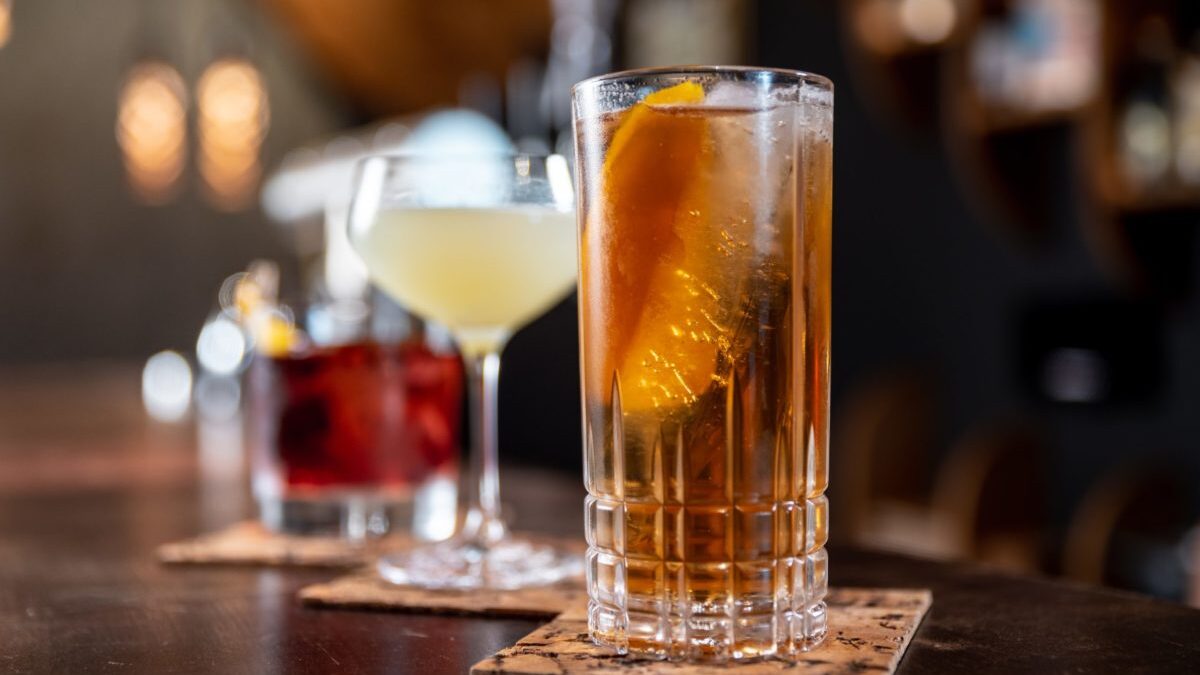Chances are, you’ve heard of – or even participated in – Dry January over the past couple of years. Given January is a time of clean slates following a holiday season that can involve heavy drinking, an increasing amount of people take part in Dry January and go the month without consuming alcohol. In 2019, 1 in 5 Americans reportedly participated in Dry January, a great increase of the 4,000 people who participated when it was created in 2013.
Outside of Dry January, there’s also an increasing interest in the “sober curious” movement. Citing mental and physical health reasons, those who are sober curious explore their relationships with alcohol and intentions behind drinking – and may end up drinking less overall or cutting alcohol out completely.
Millennials, a target group for many marketers, are leading this charge: 56% of millennials consider themselves to be mindful drinkers compared to 37% of baby boomers. At the same time, this group has also been important in the recent craft cocktail movement and has ignited an interest in diverse spirits, unique mixers and photo-worthy serving methods they can share on social media. That means the sober-curious aren’t looking to sip on water or soda while their peers imbibe – and alcohol brands have been responding.
When Dry January began in 2013, you’d be hard pressed to find more than alcohol-free beer or a creative mixture of soda, spices and herbs created by a bartender as beverage choices. That’s changed in recent years, with innovative brands realizing there’s a space for quality, zero alcohol drinks.
Seedlip – marketed as “the world’s first nonalcoholic distilled spirit” – was introduced in the UK and uses citrus and spice flavors to offer “those not drinking alcohol a sophisticated, adult option.” It’s funded by Diageo, a global spirits company, and has been well-received by bar programs. It will arrive in the US this year, and though you may not be able to order at a bar in the near future, it’s a great option for mixologists to develop flavorful, alcohol-free cocktail recipes.
The proliferation of Amaro – or bitter liqueurs – in bar programs has also led to a host of bitter-forward, zero alcohol beverages entering the market: Proteau boasts a flavor led by fruit and botanicals with a touch of vinegar to balance out the sweetness, while Casamara Club provides Amaro-forward club sodas to offer something different in a world of “seltzer waters designed with highly processed ‘natural flavors.’”
Alcohol-free beer has also gotten a facelift: Heineken 0.0 was introduced in 2017 with great fanfare and is lauded as a true zero alcohol beverage (many others contain 0.5%) that tastes like a classic beer. Craft beers with low- or no- alcohol also continue to enter the market, offering many options for consumers looking for a beer taste with lower booze content.
This past year has made us all look more closely at our health choices, and the choice to limit alcohol intake or go totally alcohol-free is one people are increasingly considering. The variety of beverages available shows promise that this may be more than an of-the-moment trend – and marks a new era in booze-free imbibing.
